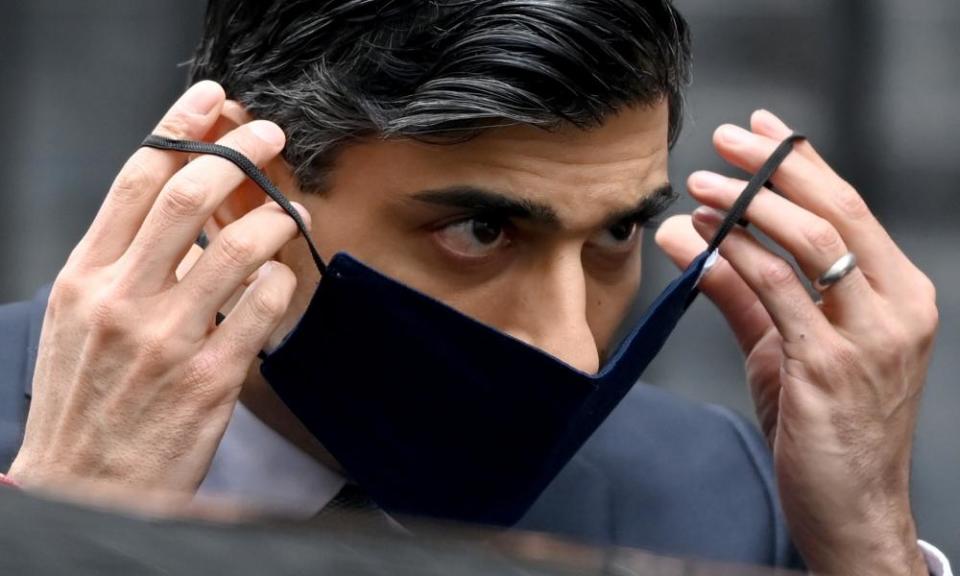The Guardian view on an NHS pay offer: looks like contempt for Covid heroes

After the first world war, it was said of the soldiers that they were “lions led by donkeys”, with the donkeys being the uncaring, inept generals responsible for thousands of frontline deaths through callousness. NHS staff lost hundreds of colleagues fighting the virus, often without adequate protective equipment. Ministers who think they only deserve a stingy 1% cash pay rise in England risk being branded Covid donkeys. After a summer when the country clapped for NHS workers, ministers today seem contemptuous of yesterday’s heroes.
There is talk of strike funds being set up, raising the extraordinary prospect of a health service stopping work when the country has yet to escape the pandemic. But it represents a warning about the level of anger engendered by a decade of public sector austerity. The Royal College of Nursing says the pay of an experienced nurse has fallen by 15.3% in real terms over the past 10 years. Such a grievance may not gain much traction in the private sector, where last year workers lost jobs and had their pay cut drastically.
The chancellor, Rishi Sunak, has decided public sector employees would come off worse in a dust-up over pay. Those without whom society would have ground to a halt during the pandemic aren’t, in his eyes, worth rewarding. The million NHS staff offered a pay rise of 1% in 2021 are only part of the story. Last November, it emerged that more than 2 million public sector workers earning less than £24,000 will receive a rise of just £250 (about 1%). Another 1.3 million state employees, including those in local government and education, will have their pay frozen. More than 4 million people – from soldiers to hospital porters – are likely to suffer a real-terms pay cut next financial year. Essential workers deserve a proper pay rise.
The pandemic offered an opportunity to reset the economic model that has seen the share of wages fall as a share of the country’s gross domestic product. Last year, City regulators discouraged banks from paying dividends, resulting in a £20bn drop in such payouts. But it’s already business as usual: investor income is expected to rise by 8% a year. By 2025, dividend levels will match the pre-pandemic record of £110bn. It’s astonishing to reflect that the government prioritised shareholder payouts instead of supporting the Covid-19 recovery. Cash when splurged appears as barely disguised sops for Tory-voting towns. By the middle of the decade, workers’ earnings will drop, thinks the Resolution Foundation, by £1,200 per year compared to pre-crisis forecasts.
It seems inconceivable that Britain will spend billions less on public services than that forecast before the pandemic. Given the overhang of postponed operations, is it realistic to suggest the NHS does not need more resources and to attract more staff? The economic case for restraining public spending is a weak one. The Treasury says growth will drastically slow in 2023. It does not make sense to reduce demand when, given Covid’s legacy, a government ought to be boosting it.
The boxer Mike Tyson once remarked that “everyone has a plan until they get punched in the mouth”. Mr Sunak’s budget rests on a plan to spend now to deal with the pandemic, but then to recoup this outlay by raising taxes and assuming no extra post-Covid costs while cutting public spending. The chancellor is out to prove that he is, like Mr Tyson, “Iron” Rishi: a politician who does not brook defeat. Mr Tyson made his claim just before he lost his showdown with Evander Holyfield. Mr Sunak’s plans are, likewise, unlikely to withstand contact with reality.

 Yahoo News
Yahoo News 